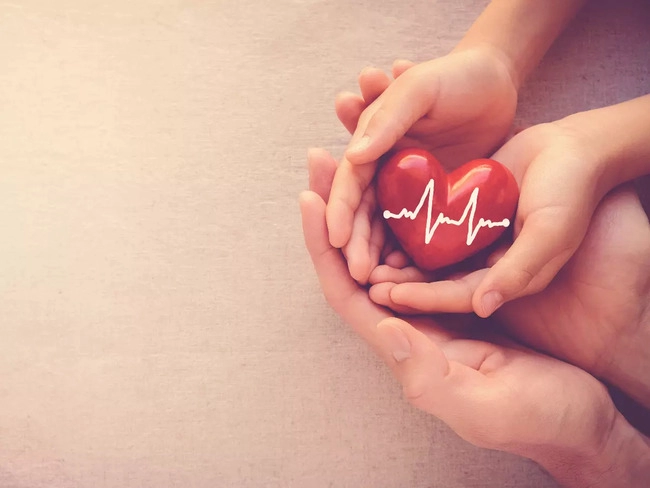Your diet and amount of activity are only two of the numerous elements that influence your overall heart health. However, recent evidence suggests that your bedtime may be just as crucial. Participants in the research filled out questionnaires about their demographics, lifestyles, health, and physical well-being, and were followed up on for an average of five years to determine if any had been newly diagnosed with heart disease. Heart attack, heart failure, heart disease, stroke, and transient ischaemic attack—a stroke-like attack—were all studied in depth.
The researchers discovered that persons who went to bed at midnight or later had a 25% increased risk of heart disease after correcting for a variety of characteristics such as age, sex, sleep length, and more. People who slept off between 11 and 11:59 p.m. had a 12 percent higher risk, while those who dozed off before 10 p.m. had a 24 percent higher risk.
The researchers didn’t look into why bedtime affects heart disease risk; they only found a relationship between a certain bedtime and a decreased chance of heart problems.
In a statement, research co-author David Plans, PhD, senior professor in organisational neuroscience at the University of Exeter, stated, “The body has a 24-hour internal clock, called circadian rhythm, that helps govern physical and mental performance.” “While the results of our study do not prove causality, they do imply that early or late bedtimes are more likely to upset the body clock, which might have negative effects for cardiovascular health.”
“How much overall sleep a person gets each day may be affected by that window,” she told Very well. “However, the researchers attempted to account for sleep length and unpredictability, which raises some intriguing concerns.” Winter said that you should not be concerned if you go to bed a bit earlier or later than usual.
“I’m not clear why a somebody who routinely goes to bed at midnight and wakes up at 8 to 9 a.m. creates additional danger,” he added. “If it does, it would probably relate to circadian rhythms and how well our schedule synchronises with our innate rhythm.deceased










